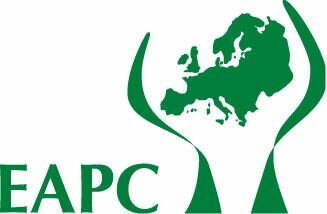|
Helping People at the End of their Lives |
|
|
The authors hope that this comparative study will contribute to the ongoing discussion. Presumably the questions involved with the issue will be among the most important for the future of Europe. The answers given may set the tone for the development of the growing European Union. The study should interest people working in the field of palliative care who would like to know: What is happening in other countries? How can we learn from each other? What mistakes can be avoided? The latter point could be especially interesting for activists in those countries where palliative care is still in its infancy. "A movement like that of the Hospice movement and the development of Palliative Care has led to a small revolution in Europe in the treatment and care for the terminally ill and dying. Professor Reimer Gronemeyer and his team have done well in critically analysing the contents and developments of this revolution." Stein Husebø, physician and expert in Palliative Medicine, Norway Authors: Michaela Fink, sociologist, is working with Gronemeyer in different research projects at the Institute of Sociology at Justus-Liebig-University Giessen. Marcel Globisch, sociologist, was a member of the hospice research group until August 2005. Since September 2005 he is working for the German Children's Hospice Society. Felix Schumann, psychologist, is working with Gronemeyer in different research projects at the Institute of Sociology at Justus-Liebig-University Giessen. Contact: Phone 0049-641-99-23204 The German, French and Polish versions of the study are available at |
